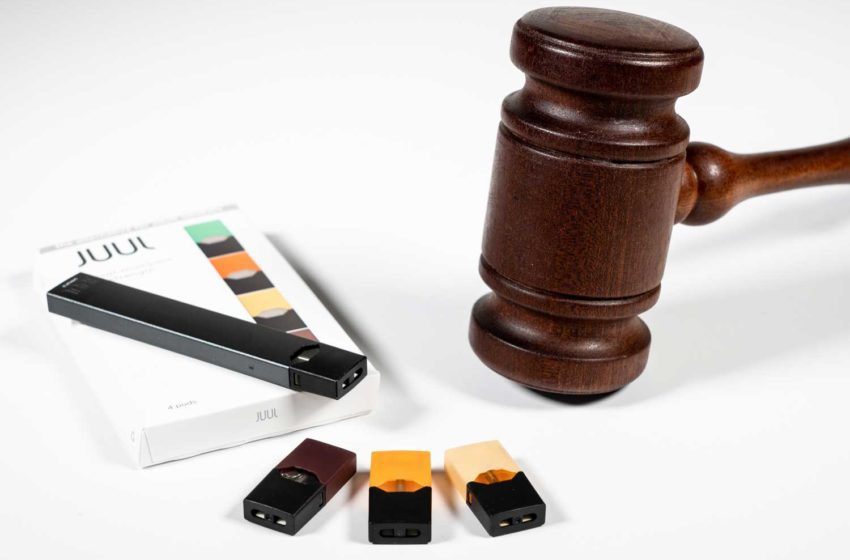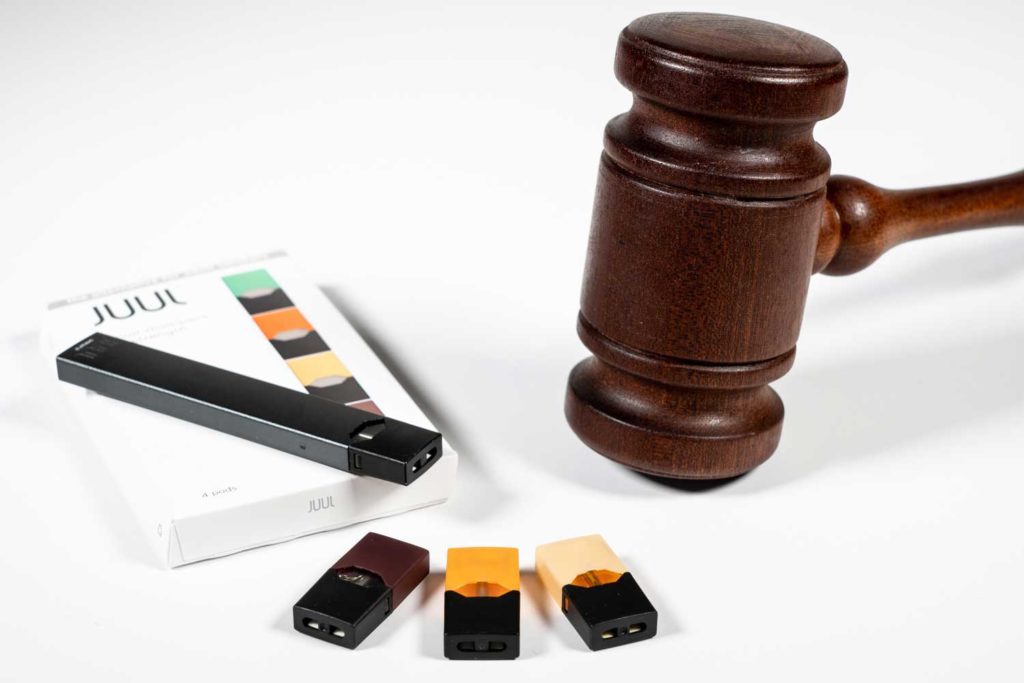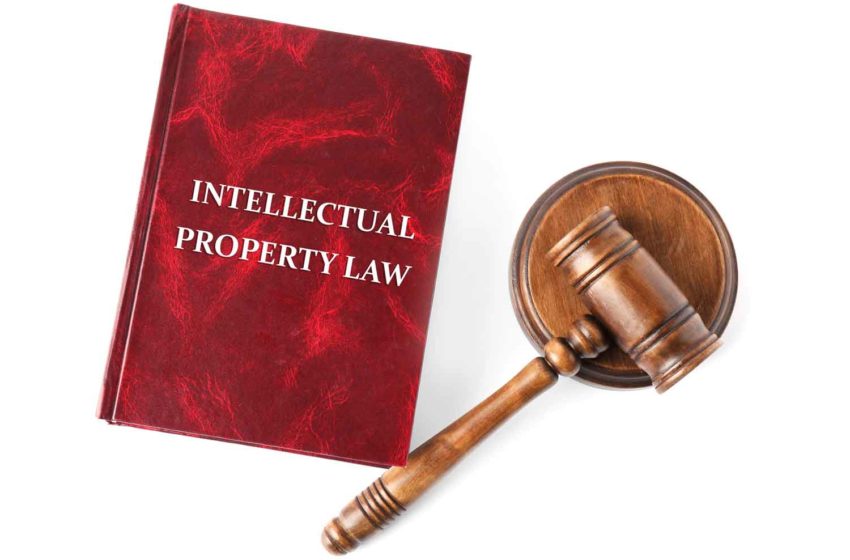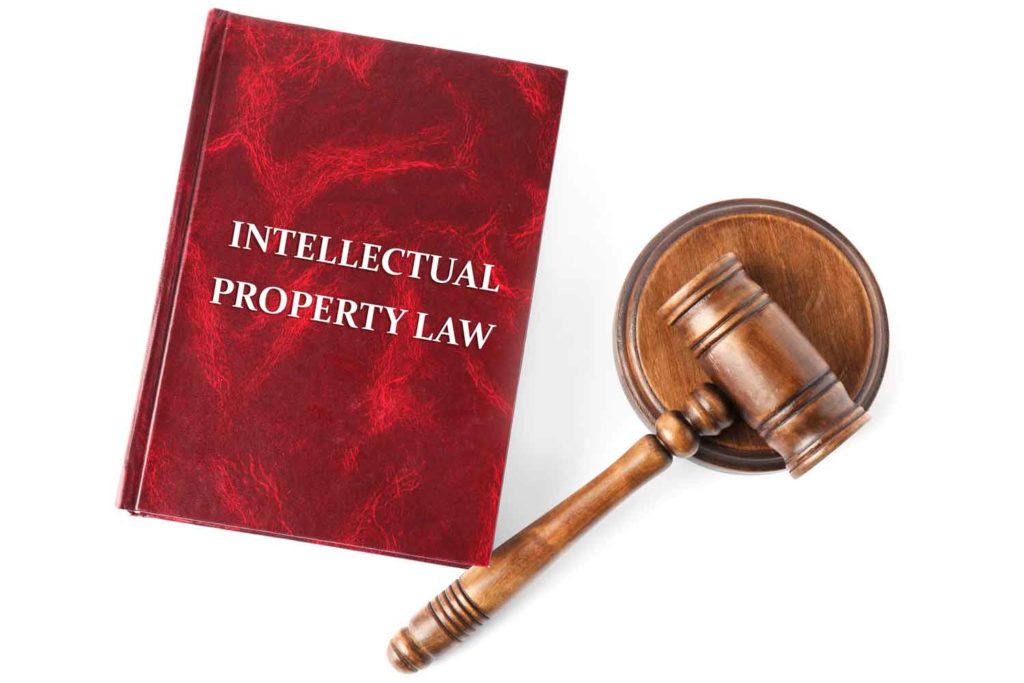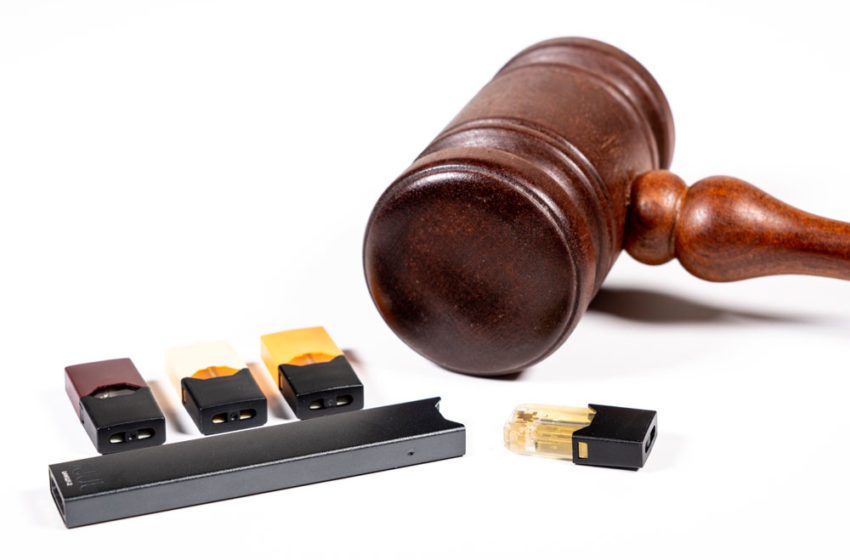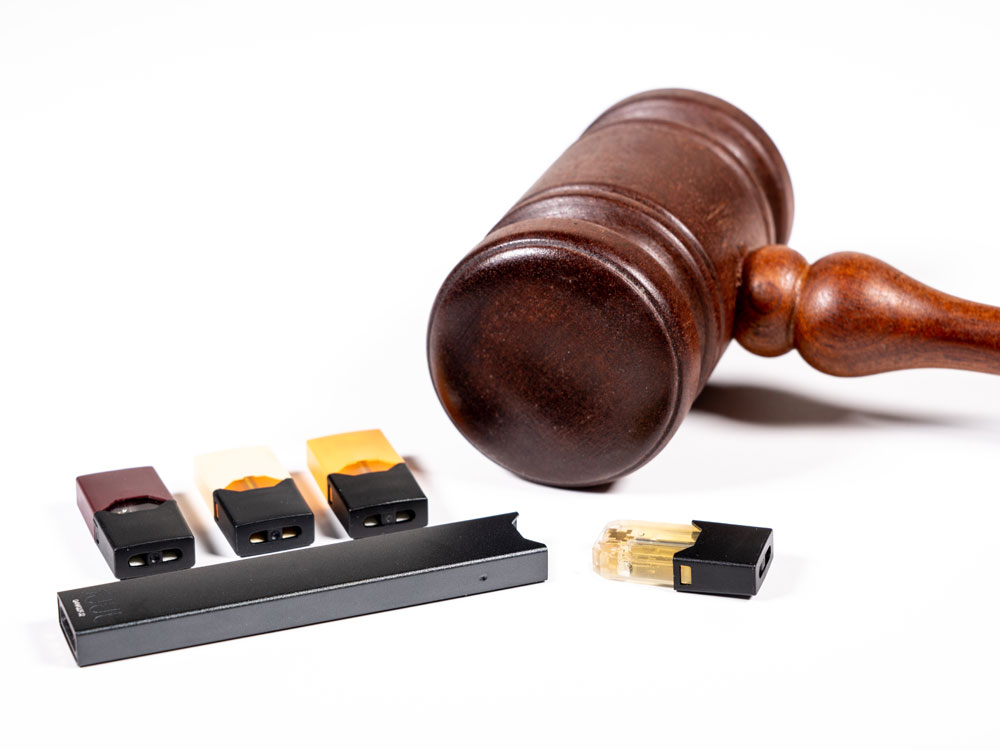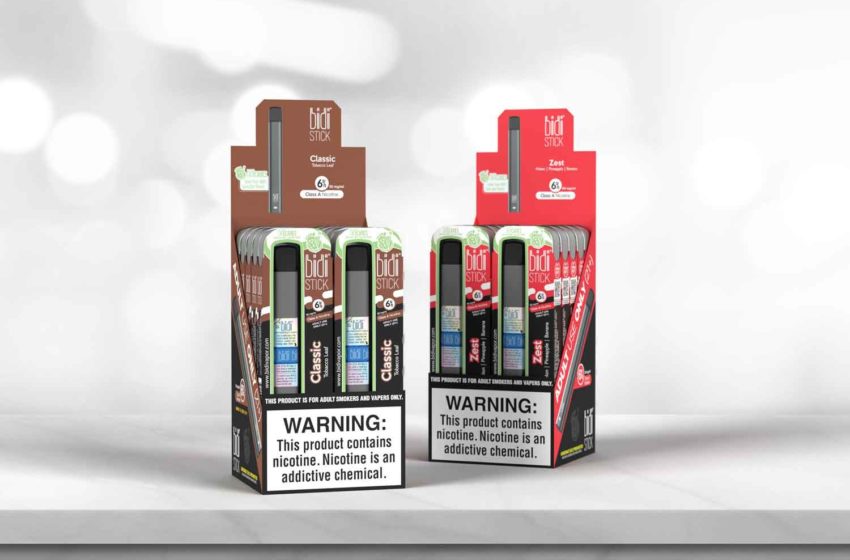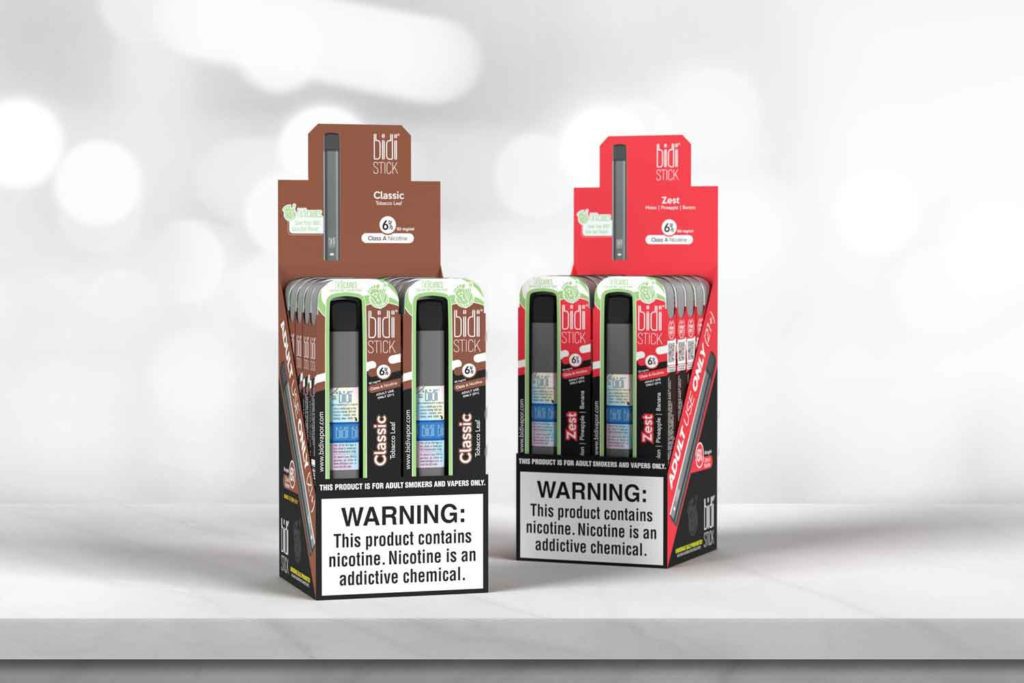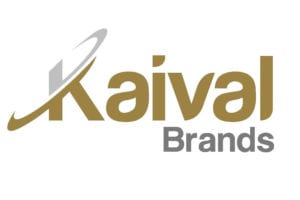How companies can make the most of a recent court ruling requiring the FDA to reassess thousands of PMTA rejection notices.
By Neil McKeganey
It would be hard to overstate the threat that youth vaping in the United States poses to the use of e-cigarettes as a means of tobacco harm reduction. Respected national surveys have shown a rising trend in youth vaping, with the threat to the vaping industry as predictable as night following day.
Former Food and Drug Administration Commissioner Scott Gottlieb could not have been clearer in signaling that threat when he said that the offramp to adult smoking could not be justifiably achieved at the cost of the on-ramp of teen vaping. If anybody was in any doubt about the risks that youth vaping poses to the entire e-cigarette industry, those doubts would have surely been extinguished in the recent ruling against Juul Labs, which required the company to pay in excess of $438 million to compensate states for the harms caused by past marketing practices increasing the likelihood of youth using their eponymously named vaping device.
For vaping companies, the threat of youth vaping may have lifted slightly in a recent U.S. court ruling requiring the FDA to pay attention to what vapor companies are doing in trying to restrict youth access to their products. Odd as it may sound, after having encouraged vapor companies to pay attention to their marketing and sales practices in light of the rising trend in youth vaping, the FDA’s position appears to have been that those efforts were almost certainly doomed to fail, with youth accessing what are often easy-to-conceal vaping products with relatively little difficulty through their social networks.
With vapor companies having invested heavily in age verification software, point-of-sale restrictions and in the removal of flavored e-liquids, it would have been a bitter pill to swallow to be told that the regulators had largely ignored those efforts to reduce youth access to their products.
The logic behind the FDA’s decision seems to have been that it would be easier to expedite the large number of premarket tobacco product applications (PMTAs) by adopting a “Fatal Flaw” approach—rejecting those applications that did not present data from either longitudinal customer studies or randomized trial evaluations and simply ignoring what the companies were doing to lessen the likelihood that their products would be found in the hands of youth.
By ruling against the FDA in legal action initiated by six vapor companies that had received marketing denial orders without the FDA even paying attention to their youth sales restriction efforts, the judges have effectively provided vapor companies with a second chance to have their PMTA applications reassessed.
So, what should vapor companies do given the legal victory that has been dropped in their lap? Clearly, it is going to be important for companies to do all they can to restrict youth access to their vapor products. But actions taken by these companies is not the same thing as being able to present evidence to the FDA that their products are not being used by youth.
To this end, research undertaken by the Centre for Substance Use Research (CSUR) in Scotland may help many of the companies concerned. For the last two years, the CSUR has been measuring the prevalence with which over 200 e-cigarette devices are being used by youth and adults within the United States. This ongoing research provides vapor companies with product-specific data showing the extent to which their products are being used, or more crucially, are not being used by youth.
Valuable as the data from this study undoubtedly are, vapor companies also have to be able to show the benefit of their products to adult smokers. The fastest route to obtaining this data is through an actual use study in which adult smokers using a company’s vapor products are monitored over a number of weeks to determine how many smokers are able to quit or reduce their cigarette smoking through using the company’s vapor products.
To obtain a marketing authorization, vapor companies have to be able to show two things—that their products are not being used by youth and that they can help adult smokers in quitting or reducing cigarette consumption. Succeed in these two things and vapor companies can have a bright future. Fail in either one and the future looks a lot bleaker.





